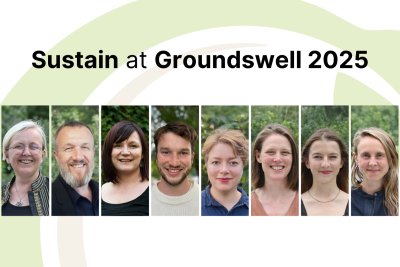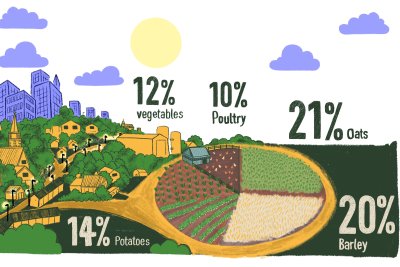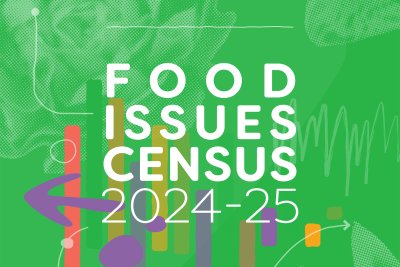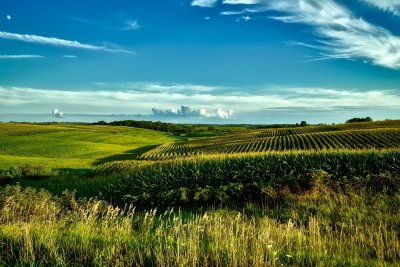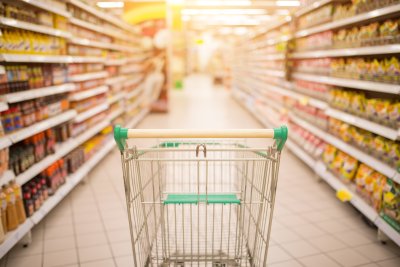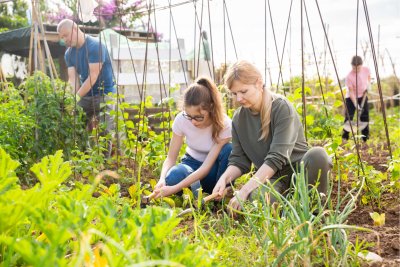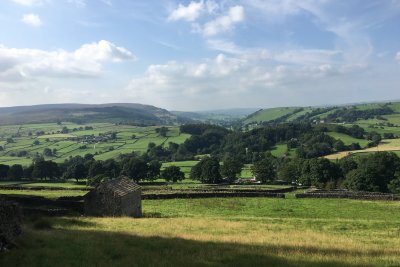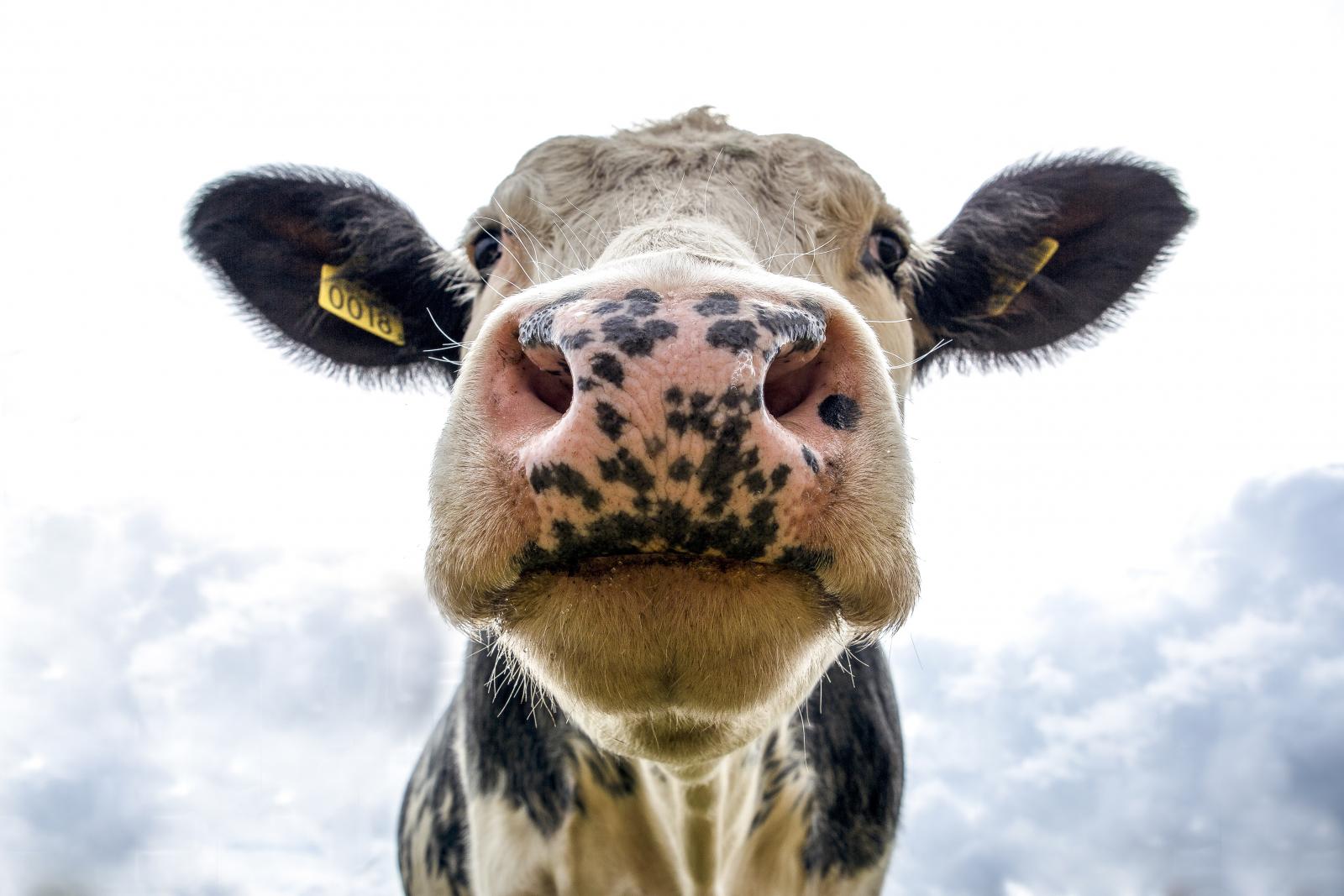 Cow face. Photo credit; Pexels
Cow face. Photo credit; Pexels

‘The Cow in the Room: a call for policy for sustainable diets’ looks at the evidence on the role of meat in our food system, and considers three kinds of policy which could shift us towards active policy-making on sustainable diets: changes to international policy regimes and advertising regulation, public procurement, and removal of VAT exemption from some or all types of meat.
On a topic that can veer into a highly polarised debate on livestock farming and meat consumption, Feedback are hoping to stir an active debate on the kinds of policies which could be most effective, and how they could be implemented.
The introduction to the report argues:
"Changes to agricultural production alone will not address the severity of the ecological crisis we face, robust demand-side interventions in the food system are required, spanning diets, shorter supply chains and food waste."
The report also highlights the problems of just switching our diets from processed meat to processed vegan products: "Eating less meat will not transform our unhealthy, corporate dominated food system if plant-based proteins become synonymous with processed, trademarked, burgers owned by publicly traded corporations."
Key messages from report:
- Reducing meat and dairy consumption, in particular of industrially-produced meat and dairy, is essential to combat the climate and biodiversity emergency.
- Robust demand-side interventions in the food system are required to actively drive down consumption of meat and dairy products in higher-income countries, in response to high levels of consumption of meat and dairy driving the climate and biodiversity emergency.
- Governments need to govern: it is time to move beyond controversy over the desirability of intervention, towards practical policy discussions on the ‘how’ of delivering sustainable diets.
- Policy-makers can learn from the existing body of evidence on previous transformations in agriculture and public health. This brief explores three broad options within public procurement, VAT and fiscal policy, and regulating critical drivers of meat demand, advertising and marketing.
Climate Change and Nature: Sustain has taken a keen interest in the rapidly accumulating evidence about the effect of food and farming on climate change and nature, as scientific evidence emerges that our food system is a very significant contributor to greenhouse gas emissions and biodiversity loss.
Sustain
The Green House
244-254 Cambridge Heath Road
London E2 9DA
020 3559 6777
sustain@sustainweb.org
Sustain advocates food and agriculture policies and practices that enhance the health and welfare of people and animals, improve the working and living environment, promote equity and enrich society and culture.
© Sustain 2025
Registered charity (no. 1018643)
Data privacy & cookies
Icons by Icons8
